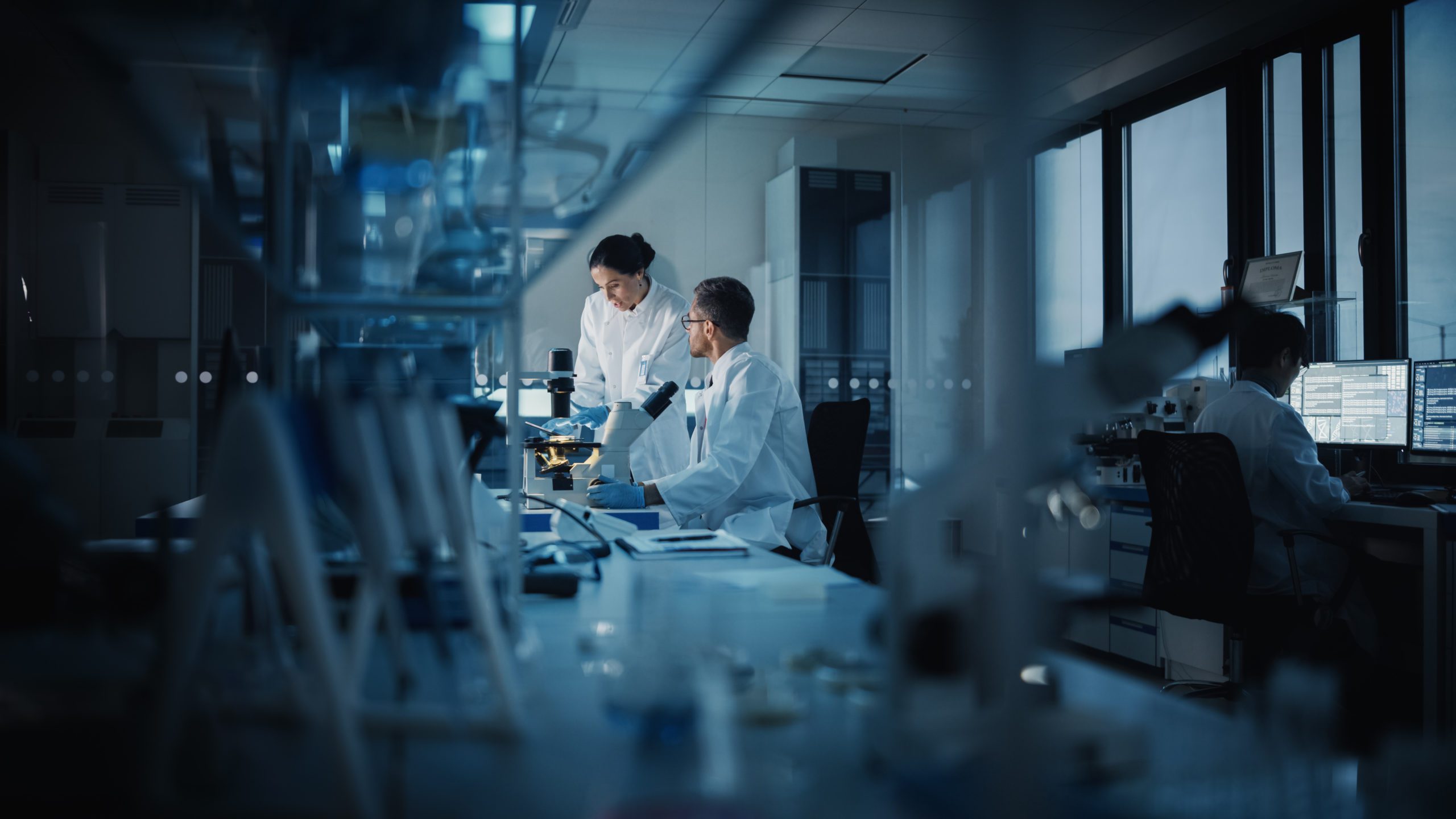
A new action plan to make laboratory research more environmentally sustainable has been unveiled by the Royal Society of Chemistry after a study revealed the vast majority of chemical scientists want to improve their environmental footprint.
While scientists’ research is critical in reducing the environmental footprint of multiple industrial sectors as well as cities and households, scientific labs do in themselves have their own footprint. They often require energy to run equipment as well as to ventilate, heat, or cool spaces and processes, while many consumables and reagents used in research have their own inherent footprint, which could potentially be reduced.
A global survey of chemical scientists from across industry and academia found the majority (84%) are eager to do more to improve the environmental sustainability of their lab work, with 63% having already taken steps to reduce their environmental footprint in the last two years.
This has prompted the RSC to ramp up its role in supporting the research community in embedding environmentally sustainable practices in lab work, while ensuring that research continues to deliver essential solutions for the planet and society.
Building on this global momentum, the RSC has today launched a new long-term programme – Sustainable Laboratories – under which it will roll out a series of initiatives aimed at supporting chemical scientists in their efforts to embed more environmentally sustainable lab practices.
Professor Gill Reid, President of the Royal Society of Chemistry, said: “Chemical scientists are key to driving innovation in everything from clean energy to healthy ageing. We also know that scientific research has an environmental footprint and we have an opportunity to minimise this without compromising on the safety, quality, or impact of research.
“There is no one-size-fits-all solution to increase the environmental sustainability of scientific research as no two labs are the same. It’s a big job as scientists around the world work in a range of settings – everywhere from large universities, hospitals, or corporate labs to small companies or in the field – and use a variety of materials and techniques, some of which cannot be simply replaced.
“At the RSC, we intend for Sustainable Laboratories to be an ongoing, collaborative programme with our community and other organisations. We will continue to work with members of our community to understand how we can best support them in their efforts to reduce their environmental footprint – in everything from developing and sharing tools to convening new communities and conversations.”
As a direct outcome of the programme, the RSC has today launched an online hub where scientists will be able to access a wide range of resources from organisations around the world, from best practice guidelines to environmental footprint calculators, to help them implement more environmentally sustainable lab practices.
The RSC has also made an initial commitment of £0.5million added to their existing grants for researchers programme, to enable individuals, labs and departments to develop and implement their own initiatives to improve lab sustainability.
Deirdre Black, Head of Research and Innovation at the RSC, explained: “The seed funding aims to address several needs we heard about in our research: time, knowledge and communities. Our intention is to provide small amounts of enabling funding in a flexible way that could cover everything from small, one-off consumable, equipment or sharing costs, to convening groups or training, to freeing up time to make measurements for establishing baselines or compliance with health & safety standards.”
As labs are found all over the world, there is a significant opportunity to further contribute to global climate goals by embedding more environmentally sustainable lab practices.
For more information about the Sustainable Laboratories programme, visit rsc.li/sustainable-labs







